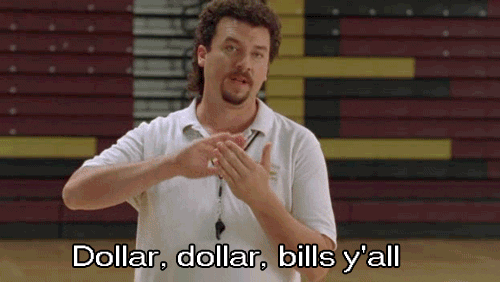Janelle Monáe's highly-anticipated, third studio album Dirty Computer was finally released today. Not only has it been five years since her last album, but it has also been five years since I first became a fan of her work. Her music and personal style gave me someone I could look up to as a Black, queer person and someone who taught me it was okay to be myself.
Growing up as a teenager in the early- to late-2000's, I was not only suppressing my queerness, but I was also hating what made me stand out. I made excuses for staring too long at girls and wore t-shirts, pants, and short hair that got me labeled a "tomboy" and an "it." I was also getting bullied by other Black kids for being nerdy and experiencing problems at home. Feeling isolated from my peers and family, I found solace and an escape in pop culture.
Back then, I devoured fantasy fiction, animated series, and video games because they ignited and fueled my imagination. They made me feel magical and heroic when I felt like nothing. However, I was also painfully aware that I could never quite see myself reflected in most of the media I enjoyed. As a result, discovering Janelle Monáe in college was life changing.
In the fall of 2013, I was reading an issue of TIME magazine when I came across a double-page page spread of Janelle Monáe. Wearing a black and white bow tie and suspenders, red lipstick, and pompadour hairstyle, she was very striking. She was a mix of masculine and feminine that I had never seen on a Black woman before. And after reading how her music was influenced by her love of sci-fi media, I decided to check out her album The ArchAndroid.
As soon as I heard the opening orchestral music, I knew that I was in for something wonderful. Each track on the album felt like a scene from a Broadway musical as well as a movie in my head. As the story of Monáe's android alter ego Cindi Mayweather unfolded, the music went from classical to rock to jazz. When the album finished playing, I had to take several moments to process it.
Although I've always appreciated fantasy fiction more than sci-fi, I couldn't help but connect to the world Janelle Monáe had created. To me, Cindi Mayweather was a funky misfit that I wanted to be friends with and Wondaland seemed like a safe space within a dystopian, oppressive society. It was then that I knew that I could learn to embrace my weirdness instead of hating myself.
Of course, it would take several years before I finally got to a decent place with myself. In 2014, I became a part of an online community of Black nerds and Afropunks. A year later, I came out to myself as queer after graduating college. As a graduation present for myself, I bought a digital copy of The ArchAndroid so I could listen to the album anytime I wanted.
Listening to Janelle Monáe helped me start working through internalized misconceptions about Blackness and queerness. She showed me that my gender expression is valid and that there is no one way to be feminine. The ArchAndroid album showed me that who you are can literally be a work of art, and I hope Dirty Computer helps others know this too!
Stream Janelle Monáe's Dirty Computer below, and check it out on iTunes and Amazon.









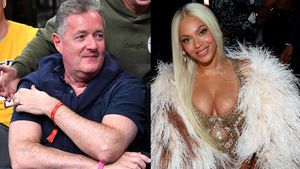

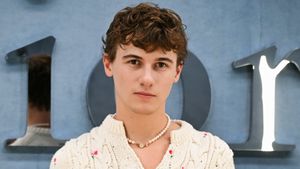




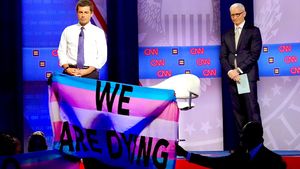


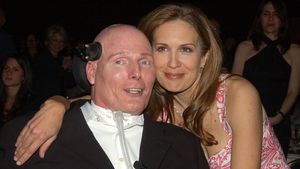






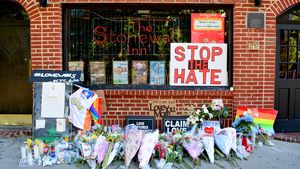









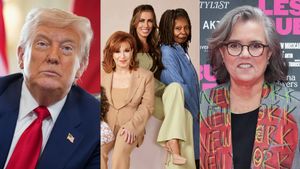
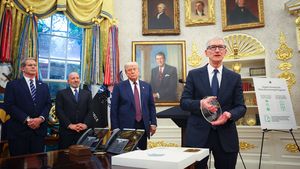









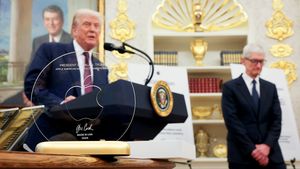


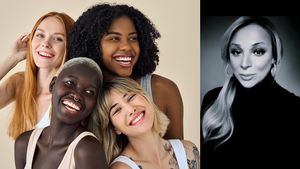













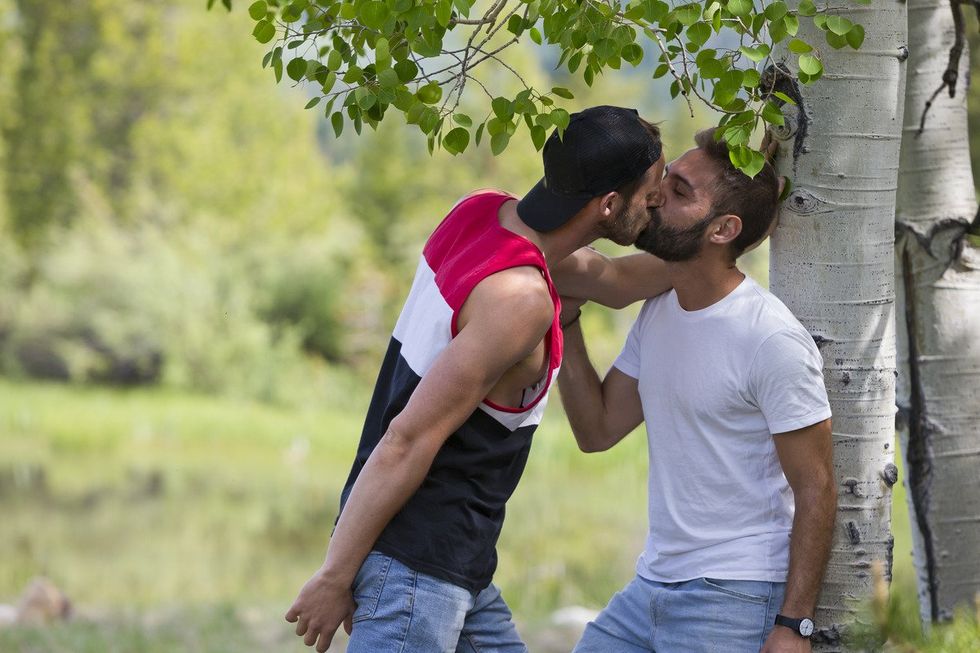










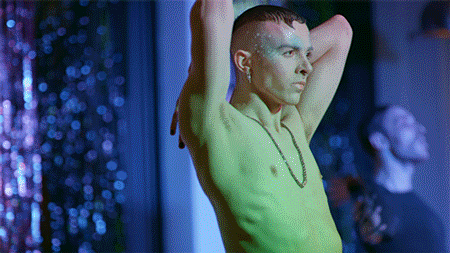 Strike A Pose Mic Drop GIF by FILMRISE - Find & Share on GIPHY
Strike A Pose Mic Drop GIF by FILMRISE - Find & Share on GIPHY Schitts Creek No GIF by CBC - Find & Share on GIPHY
Schitts Creek No GIF by CBC - Find & Share on GIPHY